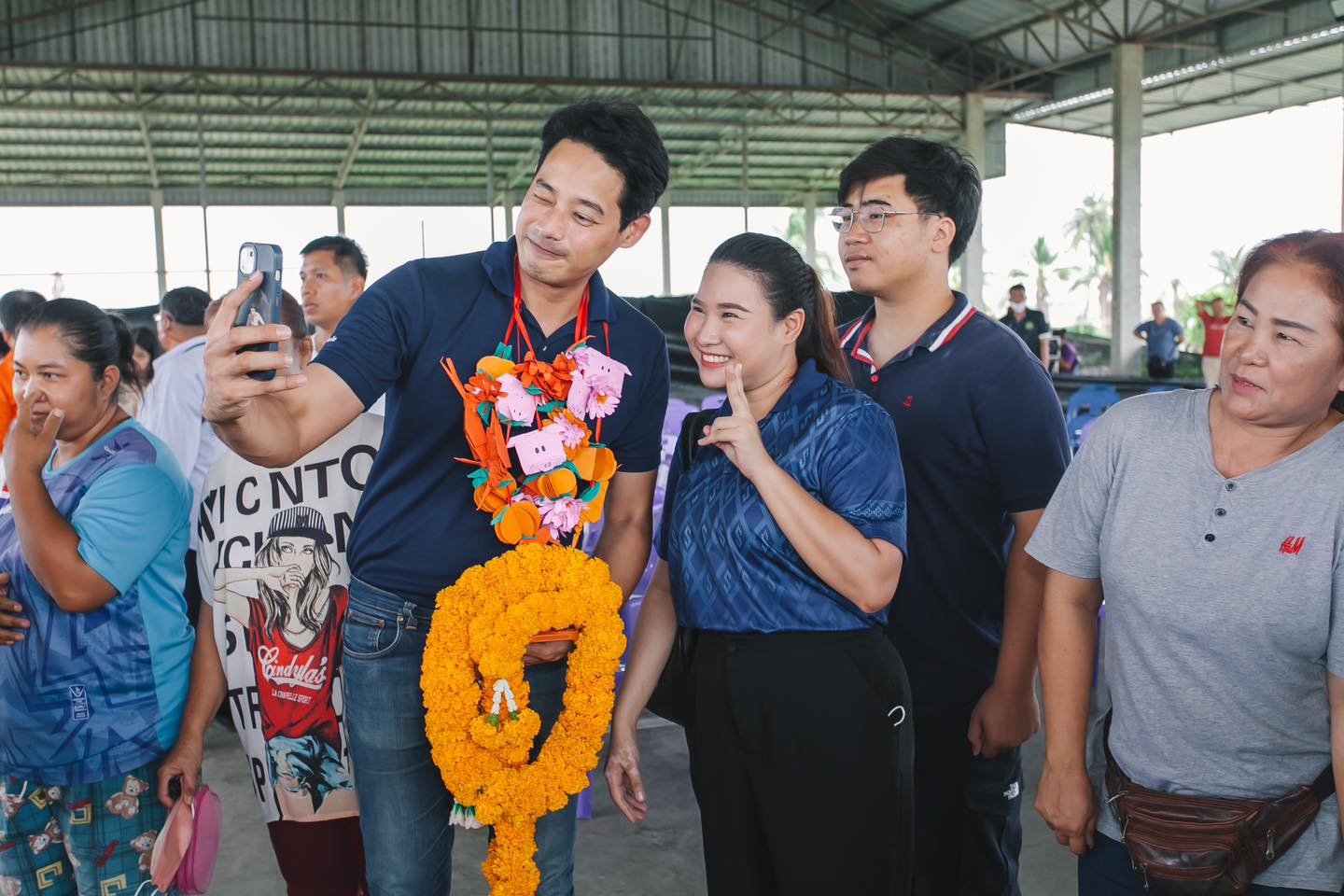Election of women and younger MPs reduces gender and generation gap in Thailand
The latest elections brought significant change to Thailand’s parliament, with female representation rising to 19 per cent (96 MPs out of 500). As a "new generation" enters politics, a "paradigm shift" is unfolding. In the military-appointed Senate women are but 6 per cent.
Bangkok (AsiaNews) – Although the parliamentary majority patched together last July largely overturned the will expressed by voters in last May's elections, something new did come out of the vote.
For starters, direct military rule ended. The Move Forward Party (Phak Kao Klai), the party of change that was relegated to the opposition despite winning the largest number of seats, took some constituencies that once seemed impregnable. And the number of women elected rose while lawmakers’ average age dropped.
In Chiang Mai, Thailand's second-largest city, seven out of 10 new MPs are under 30 and five are women. The latter are part of the 96 women elected to parliament out of a total of 500. That is 19 per cent, a substantial rise over the previous elections in 2019.
Move Forward ran the most female candidates and sent 36 to Parliament, more than the For Thais Party (Phak Phuea Thai) which elected 30, this according to Ruengrawee Pichaikul, director of the Gender and Development Research Institute.
Still, the For Thais Party is led by 37-year-old Paetongtarn Shinawatra, daughter of Thaksin Shinawatra, 74, an exiled former prime minister who returned just before the vote, and niece to Yingluck Shinawatra, 56, her father’s sister, also a former prime minister.
Many observers see a future role in government for the younger Shinawatra who could get bipartisan support.
The election campaign and the first months of the new parliament have also seen a levelling of the generation gap, with a more open and explicit interaction between veteran politicians and newly elected MPs, as well as between male and female lawmakers.
For Ruengrawee, a "new generation" is now entering Thai politics, and a "paradigm shift" is underway, with women taking a greater role in political life, a trend that goes hand in hand with greater democratisation in a more open society.
It is no accident that women are far more numerous in the National Assembly (lower house) than in the Senate (upper house), whose 250 members are all appointed by the Royal Thai Armed Forces, and in which women are only 6 per cent.
Women still face major obstacles though, as the last election campaign highlighted, in a country the World Economic Forum ranks 120th out of 146 in terms of women's emancipation.
As many have pointed out, in a country where women are asked to be reserved, tradition clashes with the need for them to be forward and outspoken.
Most women candidate “get bullied through social media, like Facebook,” Ruengrawee explained. The “Last election was even worse.”
“Parties,” she added, “used women as a sex object, only nominated candidates that are beautiful and talk about her physical appearance more than her brain or the issues she’s fighting for.”
07/02/2019 17:28







.png)










